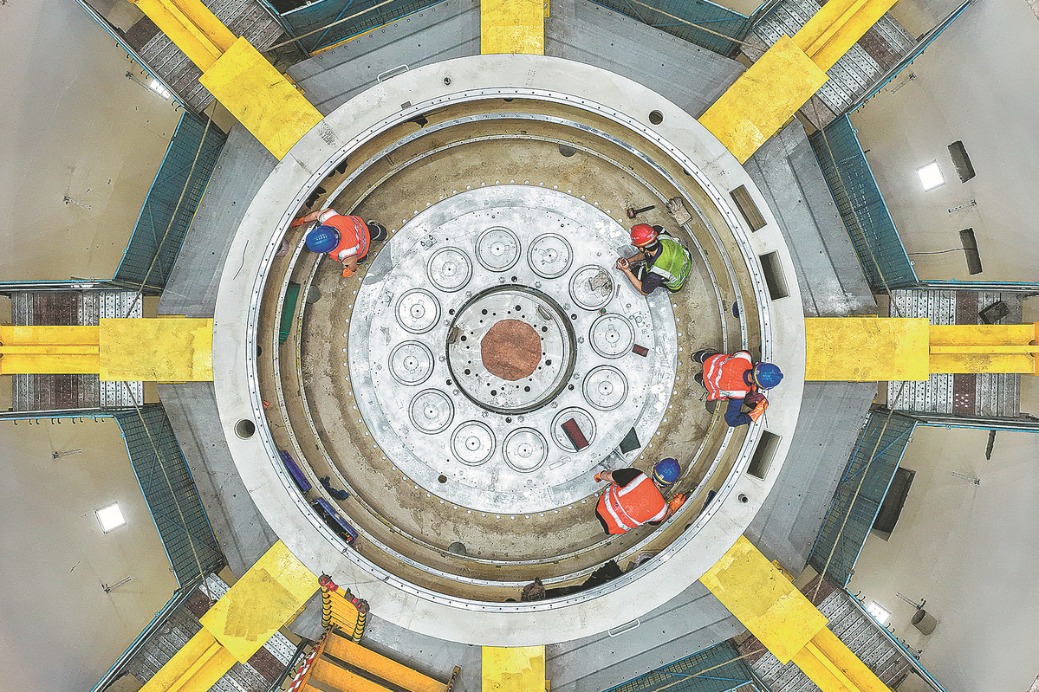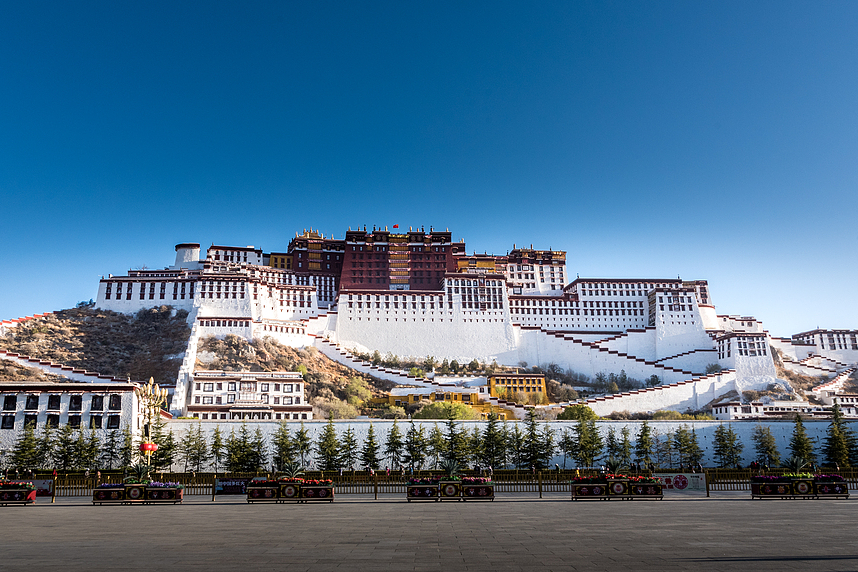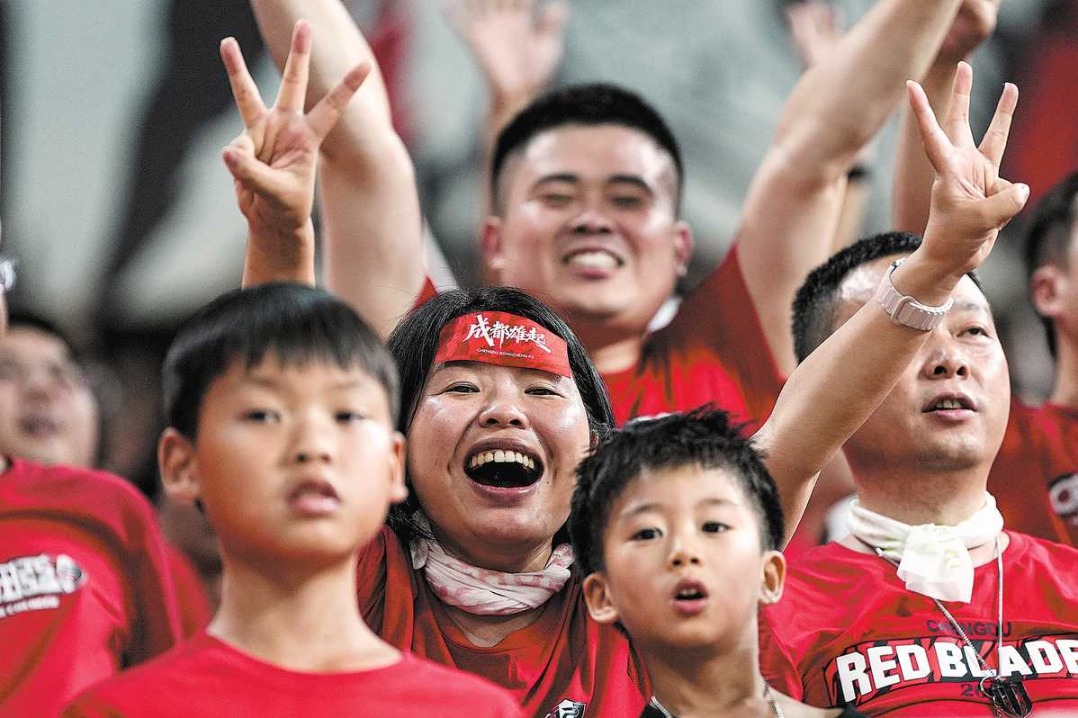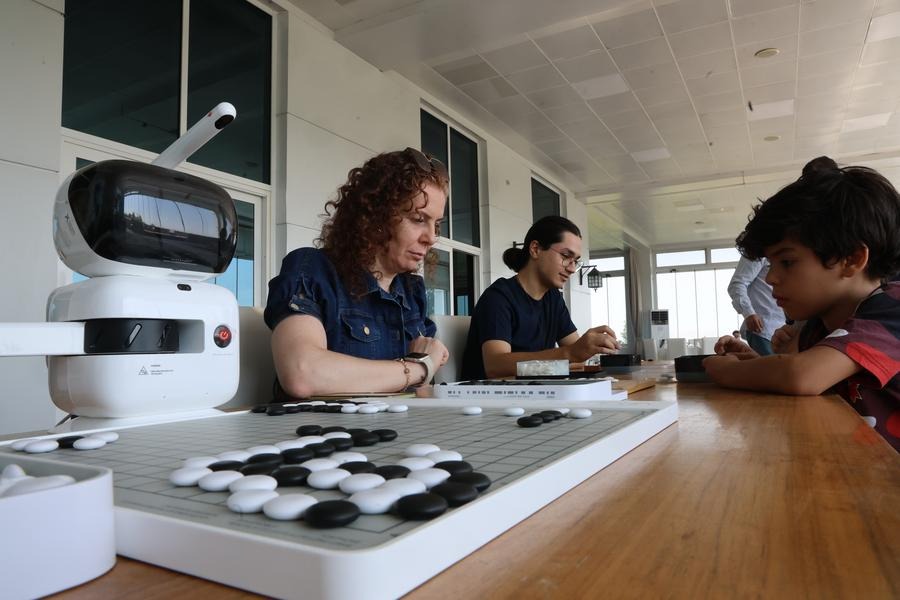Advertisers shift to AI, but security worries remain

LONDON — Some of the world's biggest advertisers, from food giant Nestle to consumer goods multinational Unilever, are experimenting with using generative AI software like ChatGPT and DALL-E to cut costs and increase productivity, executives say.
But many companies remain wary of security and copyright risks as well as the dangers of unintended biases baked into the raw information feeding the software, meaning humans will remain part of the process for the foreseeable future.
Generative artificial intelligence, which can be used to produce content based on past data, has become a buzzword over the past year, capturing the public's imagination and sparking interest across many industries.
Marketing teams hope it will result in cheaper, faster and virtually limitless ways to advertise products.
Investment is already ramping up amid expectations AI could forever alter the way advertisers bring products to the market, executives at two top consumer goods companies and the world's biggest ad agency told Reuters.
The technology can be used to create seemingly original text, images, and even computer code, based on training, instead of simply categorizing or identifying data like other AI.
WPP, the world's biggest advertising agency, is working with consumer goods companies, including Nestle and Oreo-maker Mondelez, to use generative AI in advertising campaigns, its CEO Mark Read said.
"The savings can be 10 or 20 times," Read said in an interview. "Rather than flying a film crew down to Africa to shoot a commercial, we've created that virtually."
Nestle is also working on ways to use ChatGPT 4.0 and DALL-E 2 to help market its products, said Aude Gandon, its global chief marketing officer.
While lawmakers and philosophers alike still debate whether content produced by generative AI models amounts to anything like human creativity, advertisers have already begun using the technology in their promotional campaigns.
In one instance, Dutch gallery Rijksmuseum's research team went viral online in September last year, after using X-ray to reveal new objects hidden in artist Johannes Vermeer's painting The Milkmaid.
Less than 24 hours later, WPP used OpenAI's generator system DALL-E 2 to "reveal" its own imagined scenes beyond the borders of the painting's frame in a YouTube ad for Nestle's La Laitiere — or Milkmaid — yogurt and dairy brand.
Through almost 1,000 iterations, Nestle's video version of The Milkmaid generated 700,000 euros ($766,010) of "media value". Media value is the cost of advertising needed to generate the same public exposure.
Nestle is not alone in its experiments.
Unilever, which owns more than 400 brands including Dove soap and Ben & Jerry's ice cream, has its own generative AI technology that can write product descriptions for retailers' websites and digital commerce sites.
Some consumer goods firms remain wary of security risks or copyright breaches, industry executives say.
"If you want a rule of thumb: consider everything you tell an AI service as if it were a really juicy piece of gossip. Would you want it getting out?" Ben King, vice-president of customer trust at online authentication services provider Okta, said.
"Would you want someone else knowing the same sort of thing about you? If not, don't tell the AI."
Xinhua
Today's Top News
- Autonomous region's 60th anniversary starts new chapter for beautiful Xizang
- Xi leaves Xizang after attending region's 60th founding anniversary celebrations
- Xi attends grand gathering to celebrate Xizang autonomous region's 60th founding anniversary
- V-Day parade to unveil advanced weapons
- Intertwined economies, diverging systems
- PV industry gets ready for next phase






























